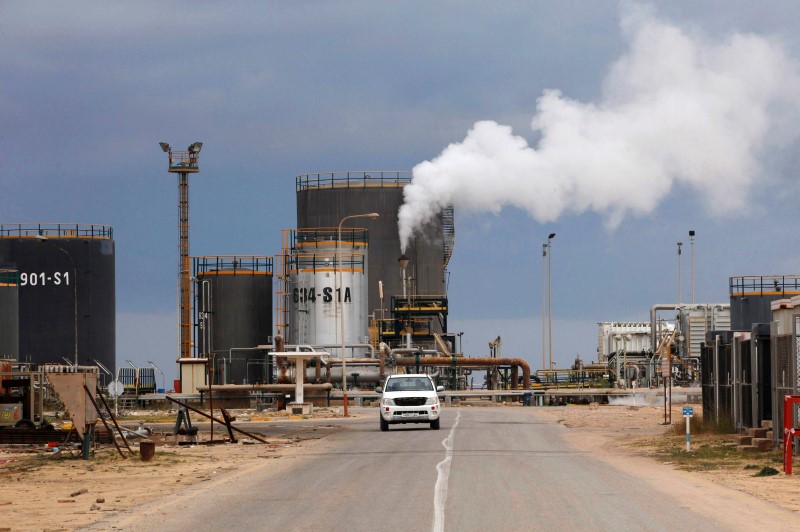* Provisions expected to remain elevated through 2016
* Consumer impact in oil provinces still to come through
* Banks reported sharp hike in provisions in second quarter
* Canadian banks' provisions still lower than U.S. peers
* Banks still working through oil firms' credit reviews
By Matt Scuffham
TORONTO, June 3 (Reuters) - Canada's banks are not over the
worst of the impact from the oil crunch and face further hefty
losses as energy firms struggle to pay back loans and consumers
in oil-producing regions suffer, analysts and investors say.
The country's biggest five lenders, including Royal Bank of
Canada RY.TO , Toronto-Dominion Bank TD.TO and Bank of Nova
Scotia BNS.TO , all set aside more funds to cover bad loans to
oil & gas firms in the second quarter but their provisions
remain relatively low compared to U.S. peers.
Although Scotiabank , which has the biggest exposure to the
oil & gas sector among Canadian banks at 3.4 percent of its
total lending, said energy loan losses had peaked in the last
quarter, some analysts say it is too early to make that call.
"Just to have losses in these loan portfolios at the levels
they've reported so far doesn't seem logical. It seems like they
should be higher and I definitely am doubting that this is the
end," said Edward Jones analyst Jim Shanahan.
The banks are basing their optimism on a partial recovery in
the price of oil, which has recovered to around $50 per barrel
after hitting a 13-year low of $26 per barrel in February on
concerns about an oversupply.
"I'm more of a glass half full guy than a glass half empty
guy, Scotiabank's Chief Financial Office Sean McGuckin said in
an interview on Tuesday. "Definitely you feel better at a $50
price than you do at a $30 price."
The banks are still working through semi-annual talks with
oil & gas firms to determine how much debt they can continue to
hold. The majority are having their credit lines cut, which will
make it tougher for some to survive, and the impact of that on
banks' profits will be felt in the third quarter and beyond.
David Cockfield, managing director of Northland Wealth
Management, which owns shares in Scotiabank, Bank of Montreal
BMO.TO and TD, expects provisions to rise again in the next
quarter and said it will take time for a clearer picture of
banks' losses to emerge.
"If the price of oil gets back into the $50-60 range, then
at least you're going to see some of the guys that are in
trouble be able to sell properties. I think that will encourage
the guys with money in their pockets to step up, but we may not
see that until 2017. These are lingering problems," he said.
Banks also face a secondary impact from consumers in
oil-producing regions such as Alberta, where there has been a
sharp rise in unemployment, leaving some struggling to repay
debt.
Consumer delinquency rates soared by 25 percent in Canada's
biggest oil-producing province last year and analysts say recent
wildfires that put a major dent in production will make matters
worse, although banks are extending forbearance for those
directly affected.
"In Alberta we've seen a pick-up in delinquencies for credit
cards as well as auto, I think everyone reported the same trend.
You may see that flow through in the second half," said Fitch
Senior Director Doriana Gamboa.
